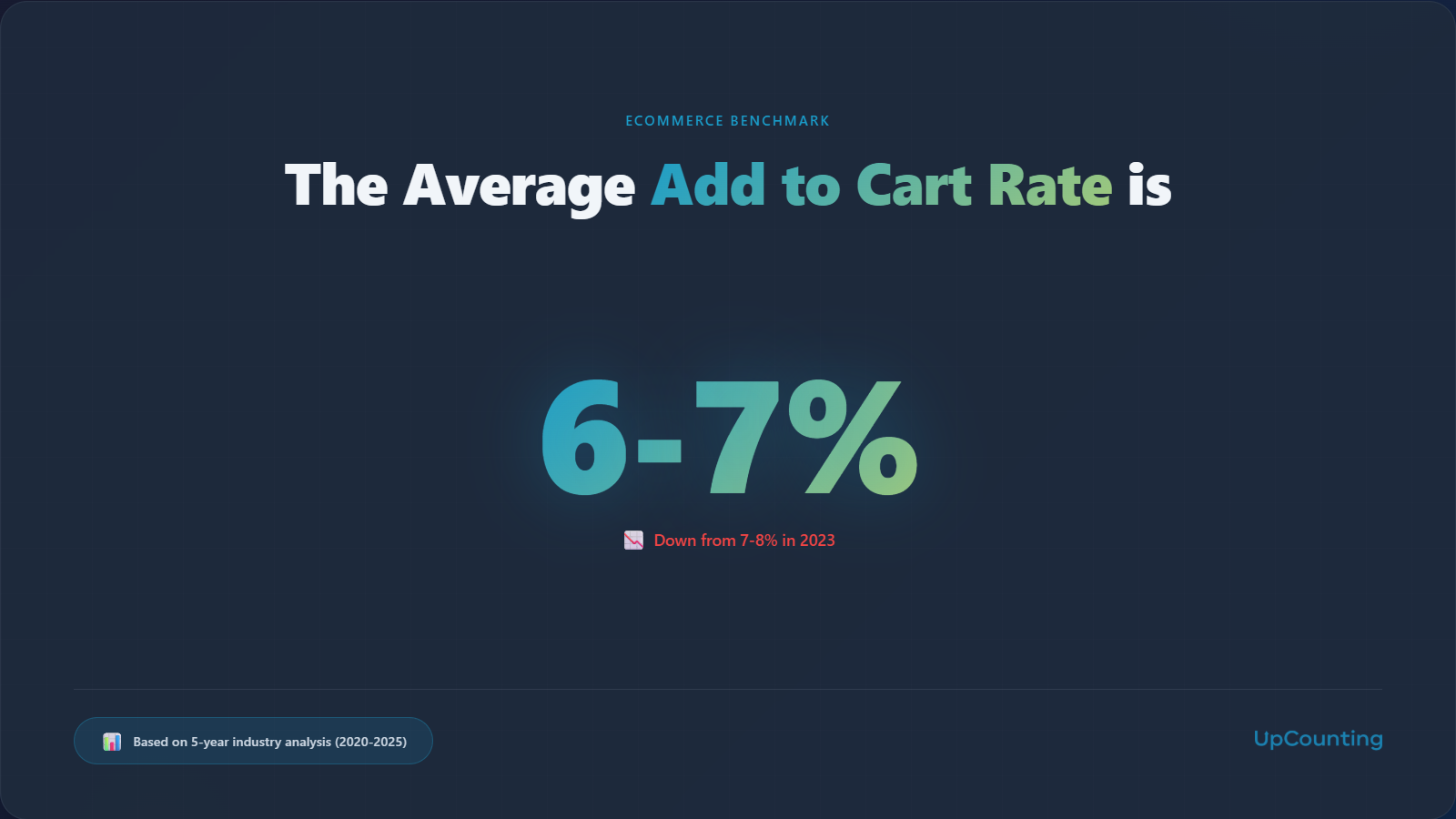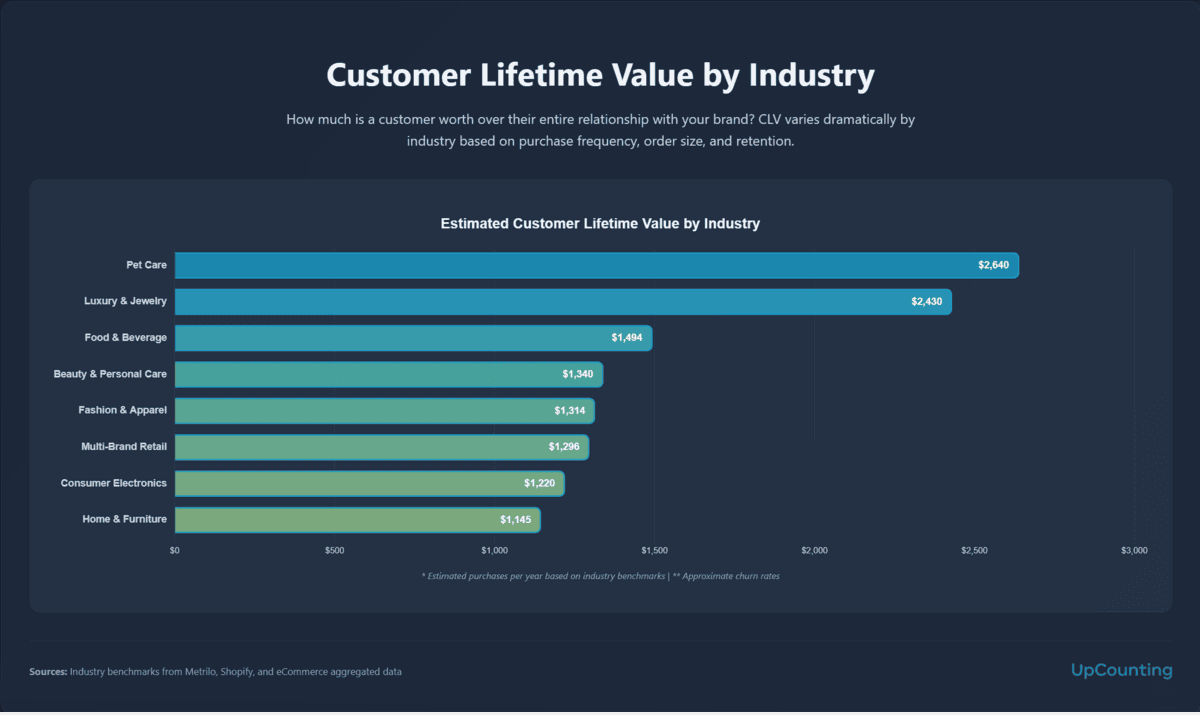Some people think a marketing consultant’s job is coming up with sexy tag lines and clever campaigns that get people excited about a brand or product. And in days past, that’s essentially all it was.
You’d come up with a cool catchy line like “hungry for apples?”. You’d gather some data around how people react by running some focus groups. You’d launch the campaign through traditional means like radio, billboards, and TV. And then you’d measure the results by looking at if there was any change in sales.
But with the rise of digital marketing, the game has changed a lot. Sure you still need catchy lines, and clever angles. But now data and optimization play a much greater role.
You don’t just get self-reported opinions from focus groups. You can measure the actual effectiveness of an ad by deploying it to small targeted groups and watching their response.
You don’t just blast your ad to every person who listens to a particular radio station, or who drives by a particular building. You can target a person based on their demographics, their interests, and at the time they’re mostly likely to respond.
And you don’t measure effectiveness by looking at overall changes in sales. But by seeing which group of people are clicking more, buying more, spending more. And you can see their response to this ad and compare it to that version of the ad to know which is best.
You still need to be creative to be a marketer today, but what you really need is to be an analytical number cruncher.
What does a digital marketing consultant do?
In a nutshell, a marketing consultant will understand the value proposition and economics of your offering. They’ll understand the target demographics, and the journey they take from becoming aware of you to buying. And they determine the best approach to actually guide them through that journey.
To do that, a digital marketing consultant will help you answer 3 questions.
What are you selling?
Every business owner knows what it is they offer their customers. But to effectively market your offering, you need to take it a step further.
This aspect of marketing will overlap quite a bit with sales. To convince someone they should buy from you, you need to understand what your value proposition is.
What problem are you solving for the customer? How will things be better if they buy from you? What are they missing out on if they don’t buy?
You likely have a general understanding of what value you add to a customer, and can probably answer those questions. But a marketing consultant will help make those answers crystal clear.
It may seem extremely obvious to you as the vendor what value you’re offering. But it’s not always easy to disconnect and see things from the customer’s perspective.
Part of that also means understanding the competitive landscape. Is there someone offering a similar product? Is there someone who solves the same problem but with a different approach?
Very often you’ll have to put your value in the context of the value offered by your competitors. You have to explain what makes your offering better. A marketing consultant can help identify what differentiates you from your competitors, and how to position yourself as the better option.
That could also mean having to identify which specific customers would find you a better option than your competitors.
Who’s buying?
Often a business owner will have a good sense of who their customers are. In some cases though, like that of e-commerce where you never meet a customer, that can sometimes be a bit less easy to determine.
Here a marketing consultant can help in many ways. To start, they can help you understand the common thread between all your customers to better understand who you seem to appeal the most to. If you’re in e-commerce, they can use many tools to draw out conclusions about the demographics of those customers.
The next step is to understand the types of people who haven’t become your customers yet. They won’t always look exactly like your current customers, because they may be people who are in stages where they don’t need what you offer – yet. Understanding those who might eventually become your customers can help you get to them before a competitor does. You can also help guide them through the buyer’s journey to turn them into customers quicker.
Once you have an in-depth understanding of who your current and future customers are, you can figure out the best way to reach them.
How do we reach them?
This is where a digital marketing consultant can really shine.
Before the rise of digital marketing the tools we had to reach people were incredibly blunt.
A billboard’s targeting options are people in a certain area who use transportation.
Radio can target people who like this type of music who are in their car at a certain time.
Flyers target people who live in a certain area who we hope won’t immediately throw out the flyer.
Not only is the targeting imprecise, but so is the attribution. It’s very difficult to know which piece of marketing a certain person was exposed to that made them buy.
If a person saw your billboard near the gym, heard your ad on the radio, and received a flyer at their house. Which one actually brought them to the point of buying from you?
And if you can’t target people in detail, and you can’t know which ads are most effective, then you can’t optimize over time. That means the only way you can outperform your competitor who’s also sending flyers, is by making slightly nicer flyers, or giving a better offer.
Compared to digital marketing, traditional marketing is like performing surgery with a chainsaw.
With digital marketing you can very specifically target people based on their age range, their gender, their income, their job title, what sorts of things they like, among tons of other targeting options.
You can also deliver different messages by separately targeting people who have never heard of you, people who have, and people who’ve already bought from you. Because each of those groups will require a different message.
You can also precisely determine when they encounter your ads and where. It could be on Google when they’re searching for a nearby location on Maps because they’re ready to buy. It could be on Facebook where you can entice them with an offer they didn’t know they wanted. It could be with content that entertains or teaches them something, giving you the opportunity to target them with an ad later on.
Not only that, but with PPC you can test different types of ads, different types of offers, different imagery and copy. And you can gather data to understand which combination works better for which group of people.
And all that sophistication and data allows you to continuously improve over time so that you spend less and get more customers.
It probably goes without saying that there’s no one size fits all marketing strategy. Every business has its own offering, its own resources, and its own competitive landscape. That means needing a marketing strategy that’s tailored to you and your customers. And that’s where our ecommerce marketing services can help.






.jpg)








